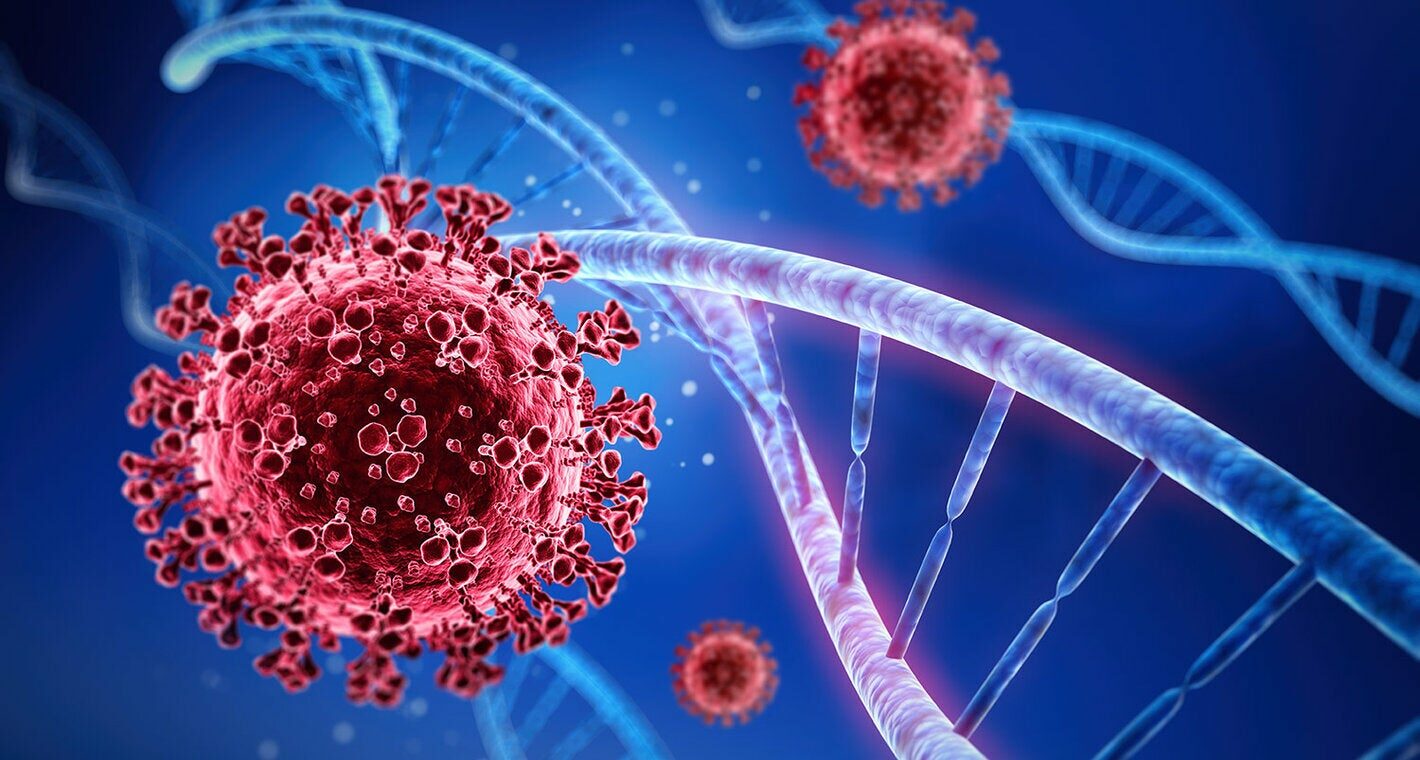Is there such a thing as "prolonged" COVID-19?

Prolonged COVID-19 is a term that has been around for a while. However, lately it is on everyone's lips due to the myths that the Omicron variant carries with it.
Faced with such a diatribe, it is pertinent to inquire about how much is known about the reality of this matter. In hindsight, it will help to learn even more about the behavior of the disease.
Does prolonged COVID-19 exist or not?
According to the Centers for Disease Control and Prevention (CDC), it does exist. However, it is a term coined by the media world to refer to certain complications of COVID-19.
In this sense, "prolonged" is understood as those conditions after suffering from the disease. As such, these clinical manifestations may appear within 4 weeks of recovery or even longer.
Although in frequent cases the patients recover, others suffer the consequences of the prolongation of the infection. In essence, they manifest a symptomatology that is acute, recurrent or ongoing, without apparent improvement.
Some other pseudonyms for the pathology in question are: chronic COVID-19 or persistent COVID-19. Whatever the case, it represents another public health problem that also affects those people who were initially asymptomatic.
How does prolonged COVID-19 manifest?
COVID-19 is the acronym for new coronavirus disease of 2019. A pathogen that has kept humanity awake, putting the global health system in check.
As the pandemic progresses, more is known about the long-term behavior and repercussions of the virus. Now, it is expected that its prolonged manifestation can take the following form:
Progressive or ongoing symptoms
It is that picture of signs or symptoms that becomes evident in any patient with COVID-19. Regardless of how mild or severe the initial fall was, these last longer than 4 weeks.
They are also called "gallery of new symptoms" because they did not occur in the initial clinical picture. And that, as a result of their consolidation, they remain in their apparent course without responding to medical treatments or therapies.
Based on CDC research, afflicted patients report conditions such as chronic fatigue or shortness of breath. Added to this, fatigue, "mental fog", muscular and skeletal pain; diarrhea, insomnia, or rash.
In the same way, but in a minimal percentage, mood swings, taste and smell alterations were also described. All this without neglecting stomach problems such as nausea, vomiting or changes in the female menstrual cycle.
Multi-organ complications of prolonged COVID-19
Another cover letter for this derivation of the pandemic disease is its multi-organ complications. More complex health problems that are not only involved in one area or body system, but in several as such.
It is proven that SARS-CoV-2 promotes exaggerated autoimmune responses. It is also implicated in recurring damage to the heart, lung, kidney, and central nervous system.
When a failure occurs in the normal function of the immune system, proinflammatory responses of high medical value are triggered. A combination of signs and symptoms cataloged as the "multisystem inflammatory syndrome".
If left untreated, the tissues of different systems in the body will be contrasted by a forceful harmful inflammatory response. Over time, the sequelae could become fatal.
Sequelae after hospitalization for COVID-19
Sequelae after hospitalization for critical illness contribute to the consolidation of long-term conditions.
The incidence is higher at the level of the lungs and, with medical treatment, one is more prone to situations of tiredness or fatigue.
Usually, the classic symptomatology is closely related to the "post-intensive care syndrome". A conglomeration of manifestations or health problems associated with mental imbalance, orientation disorders, thinking and post-traumatic stress.
It is worth mentioning that they are being studied in greater depth.
It is not yet concluded whether they are the fault of the coronavirus disease or intrinsically the consequences of hospitalization. Even so, it is also postulated that it could be a combination of both.
Key points to remember about persistent COVID-19
Knowing, then, the presentations of the disease in question, its key points will now be reviewed. Aspects that can be memorized to remember how characteristic this disorder is in itself.
No matter how serious the case
It is clear that those who suffered an infection with mild symptoms were statistically more likely to recover quickly. However, the virulence of the pathogen is a factor that contributes to the prolongation of their health problems.
A large percentage of patients with mild cases between the ages of 18 and 34 suffered from persistent coronavirus conditions. A precise sample in which it is warned that it is not likely to be trusted.
Basically, it doesn't matter if the recovery came from a mild or severe scenario, the odds are still there. At the moment, the ideal is to follow the medical treatment to the letter and get vaccinated against the disease.
It's getting more and more frequent
The percentage of cases for prolonged COVID-19 is small, but rising. A detail that shows the frequency with which these scenarios are occurring.
Some preliminary data show up to 10% recurrence or recurring conditions in most patients. Another part states that post-hospitalized patients are the most likely to suffer from such complications.
In this sense, what is in the first place is that the prolongation of the disease is contrasted in young people. The productive ages or individuals under 40 years of age are the ones who consult the most for some chronic symptom left by the coronavirus.
It is totally curable
Medical expertise, despite the gray outlook, sends a message of hope. Prolonged signs and symptoms of infection are totally curable, eradicating them from the body.
Obviously, both patient discipline and specialized medical care are required. Showing off therapies implanted by multidisciplinary health teams, including pulmonologists and/or physiatrists, rehabilitation is a guarantee.
The application of mental, physical exercises or pharmacological therapy to solve some symptoms is valid. Over time, the user will experience the improvement needed to get rid of long-term conditions.
Similarly, health specialists strongly recommend vaccination. Not only will it prevent recurrence or relapse due to coronavirus, but it will also prevent the staging of other potentially aggravating variants of the crisis.
